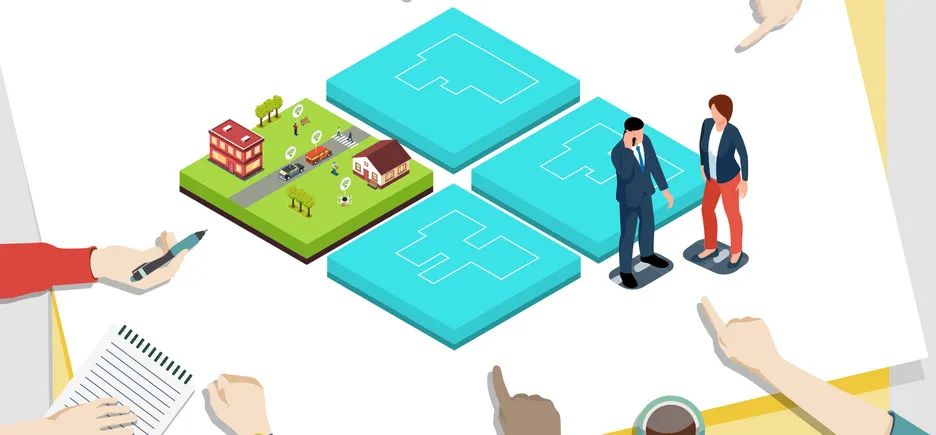- Foundations of Computer Science in General Teacher Education – Findings and Experiences from a Blended-Learning Course. Proceedings of World Conference on Computers in Education, WCCE 2022, 2023, 389-399 more… BibTeXWWW
- Investigating the Role of Computing Education for Informed Usage Decision-Making. Proceedings of the 17th Workshop in Primary and Secondary Computing Education, ACM, 2023, 1-2 more… BibTeXWWW
- Informatische Grundlagen in der allgemeinen Lehrkräftebildung -- Erkenntnisse und Erfahrungen aus einem online-gestützten Studienangebot. INFOS 2021 – 19. GI-Fachtagung Informatik und Schule, Gesellschaft für Informatik, Bonn, 2021, 153-162 more… BibTeXWWW
- Informatik für alle – Eine Analyse von Argumenten und Argumentationsschemata für das Schulfach Informatik. Proceedings of Informatik 2019, Gesellschaft für Informatik e.V. (GI), 2019, 617-630 more… BibTeXWWW

Computer Science is the key driver of the so-called digital transformation. For our society, this transformation is leading to fundamental changes in the way we communicate, use technology, work, or gather information. This raises the question of what "digital" and thus computer science education and competencies each person needs to deal with these changes in a mature way and to actively participate in shaping them. This is a particular challenge for teacher training in the context of digitization, as the debate about digital education in schools is often dominated by "digital media" or technologies. To be able to address phenomena of digitization (such as digital business models or the ethical implications of artificial intelligence) appropriately in the classroom, corresponding computer science competencies are needed as a basis. In this research area, relevant computing competencies for living, but also in particular for teaching in the digital world are identified. Furthermore, we develop and evaluate concepts for teaching these competencies.